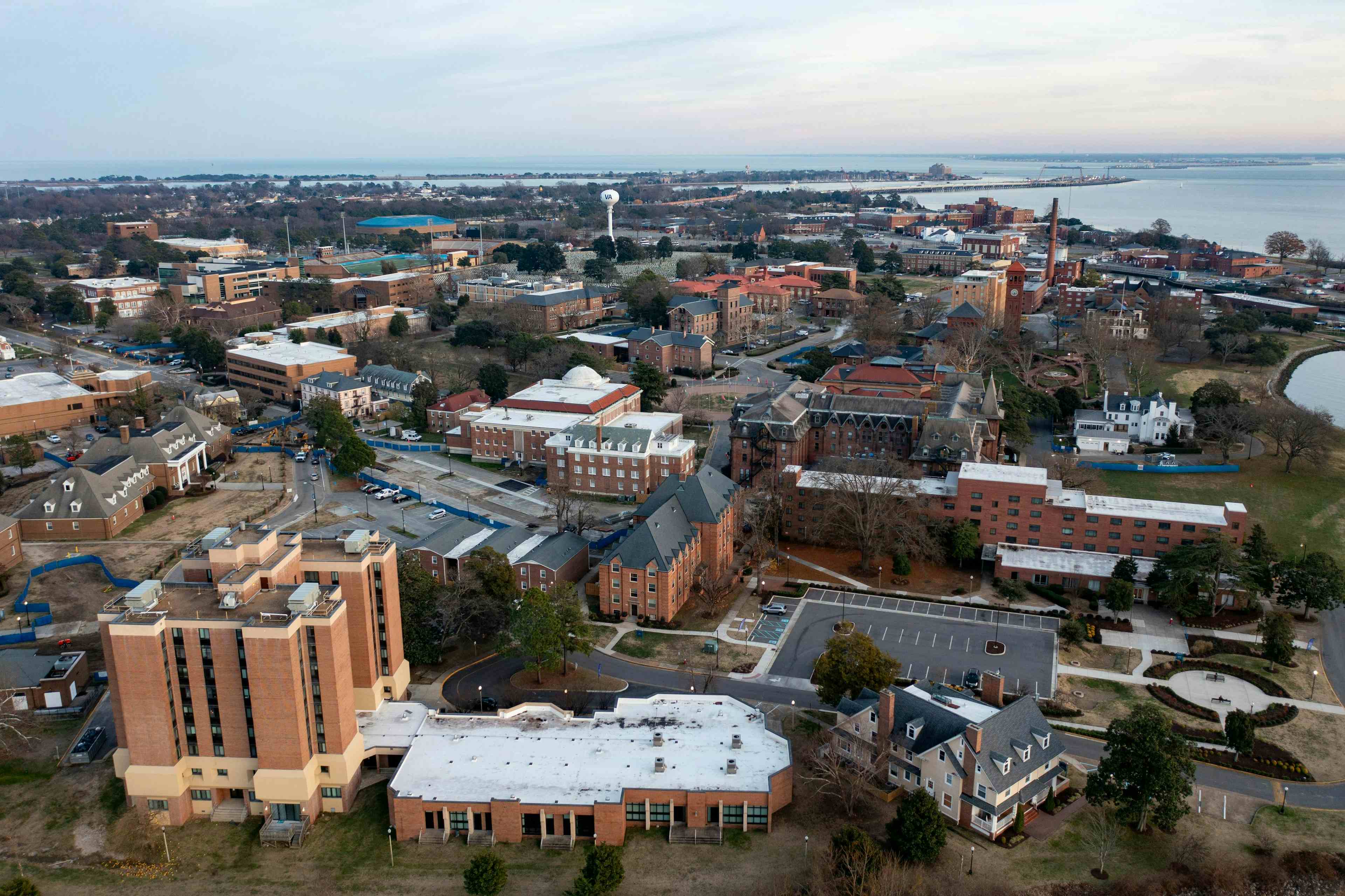Discover the Most Popular Pre-Med Majors

Summary:
For teens who envision a future in pre-med, choosing the right major can make all the difference. Here’s a list of some of the best options in the country.
Key Points:
- Tips that offer guidance as to whether you should pursue a pre-med track include volunteering, meeting with an advisor, and getting involved in research.
- According to Kaplan Test Prep, biochemistry is the most popular pre-med major.
- Additional popular majors that augment the pre-med track include physics, neuroscience, and psychology.
- Pre-med has required courses like biology, physics, chemistry, math, and English.
Starting in high school is crucial if you have your heart set on pre-med, and learning opportunities offered by Wake Forest pre-college medical program and University of Rochester college prep healthcare courses, and Rice University Precollege Program are great options.
If you have a great interest in studying medicine, and see yourself one day potentially becoming a doctor, you probably know that the road through pre-med is rigorous.
Nevertheless, if you feel that a future in medicine is right for you, here are some tips that offer guidance as to whether you should pursue this challenging track, and which majors are the best fit for your future ambitions. Then, we’ll share pre-med college prep programs that can help you prepare while you’re still in high school.
Find out if the pre-med track is right for you
Ask yourself; do I really want to become a doctor?: You may be the child of doctors, or you may be a wiz at STEM and think pre-med is a natural fit. But when you put pre-med and medical school together, you’re looking at a long, demanding, and expensive career path. Do you love science and helping people? Are you a problem solver? If there’s a truly compelling reason that drives you to medicine, weigh this against the costs. If you’re still determined, then medicine might just be the right fit for you.
Meet with a career or pre-med advisor: They can be extremely helpful. Sit down with a professional and plan out your courses. Advisors can help you create a resume that is a strong contender when it’s time to apply to medical school.
Volunteer at a hospital or shadow a doctor: This is a great way to determine if the hospital environment is for you. You’ll have an up close view of the different medical specialties — everything from emergency medicine and surgery to each unique practice, as well as research.
Get involved in research: There are numerous medical internship and research programs designed for high school students, including one from Prelum partner Georgetown University. The Georgetown University Medical Academy is where high schoolers explore topics like anatomy, physiology, radiology, surgery, cancer, and biomedical — everything you need to know about the path to becoming a physician.
Make sure to thoroughly familiarize yourself with the many and varied career paths in medicine. This is especially valuable advice for high school students while you still have time to review and determine which options best suit your needs. And, make sure to check out college prep classes online, which are designed exclusively for motivated high school students who want to get familiar with pre-med.
Which pre-med courses are a fit with your major of choice?
Remember, there’s no one-size-fits-all format for pre-med majors. Medical schools accept pre-med majors with any bachelor’s degree, whether it’s business, STEM, social sciences, engineering, or liberal arts, as long as you meet the required pre-med science courses.
According to Kaplan Test Prep, biochemistry is the most popular pre-med major. Here’s a typical example of pre-med course requirements regardless of your major:
- Biology: 2 semesters with lab
- Physics: 2 semesters with lab
- General chemistry: 2 semesters with lab
- Organic chemistry: 2 semesters with lab
- English: 2 semesters
- Math: 2 semesters
There are a lot of schools that also require statistics, psychology, and writing.
Popular majors that augment the pre-med track include:
Biological Sciences and Human Biology: Human biology majors obtain a background in the biological sciences and related fields with a focus on health and human development. This is a separate program from a traditional biology major, which is broader and includes education on plants and animals, in addition to humans
Physics, Chemistry, and Other Physical Sciences: These courses typically meet pre-med requirements. Though the coursework will differ slightly, the rigor and commitments of physics and chemistry are about the same as those of biology.
Psychology, Economics, and Social Sciences: Social science applicants account for about 10% of medical school admissions. These majors typically meet pre-med requirements, but only if students spend most of their elective units completing pre-med courses.
Neuroscience: A great option for future physicians, neuroscience encompasses a broad spread of disciplines that includes: biology, chemistry, psychology, and physics — a compilation of science must haves.
Philosophy and the Humanities: Humanities graduates who pursue medicine may be better communicators and more empathetic than students who focus only on the sciences. Philosophy, for example, is a popular major for pre-med students in the humanities.
It should also be noted that studying science exclusively can result in burnout. We recommend you select a minor that fits another interest, like psychology, english, or business. This makes for a nice balance; especially if your minor may still be in your consideration set for the future.
Serious about a future in medicine? Get started in high school
Prelum is where you’ll find some of the best pre-med college prep programs. One example is Wake Forest University. Both the college and its medical school are ranked among the top 50 in the nation. The Wake Forest pre-college medical program offers four online courses for high school students, including Making the Rounds: An Insider’s Guide to Becoming a Doctor. This highly engaging course is taught through dynamic video lessons that feature a real-life patient emergency. Students see a patient in the ambulance suffering a heart attack. They learn about the symptoms, the EMT care team, and follow the patient into the ER, learn about testing, treatment, and hear from the cardiac care team. Wake Forest offers three other medicine courses including: cancer medicine, sports medicine, and women’s medicine. WFU also offers an online pre-college course in psychology — truly, a wealth of medical options.
Prelum is also where you’ll learn about the University of Rochester’s Pre-College Prep Program. This program offers a course on orthopedic medicine entitled Orthopedic Medicine: Treatments and Surgery, where you will learn about diseases such as arthritis, osteoporosis, degenerative joint disease, and the many treatment and surgical options available today. Rochester’s Pre-College Online Program is also where you’ll find Personalized Medicine: Customizing Care Through Genetics, where students learn about the breakthroughs in personalized medicine, study genomic sequencing, and step into the brave new world of tomorrow’s medicine.
Rice University is another great choice. As part of their Precollege Program, Rice offers an online course in genome engineering. Genome Engineering: Changing the Future of Medicine considers the role genetics plays in disease. Learn how the human genome can be edited to treat diseases like sickle cell and other genetic disorders, study the ethics around genome editing, and explore the various design tools used in this fascinating field. Rice’s pre-med college prep programs also include the course, Physiology: The Foundations of Medicine, where you’ll take a deep dive into the body’s cardiovascular, respiratory, muscular, and nervous systems. Hear from practicing physicians and discover the many careers available in this vital field.
If you envision a professional future in the compelling field of medicine, starting in high school provides you an opportunity to explore the many facets that make up the profession. Learn more today!
Recommended Articles


College Prep
Everything You Need to Know About Historically Black Colleges & Universities (HBCUs)
Read Article